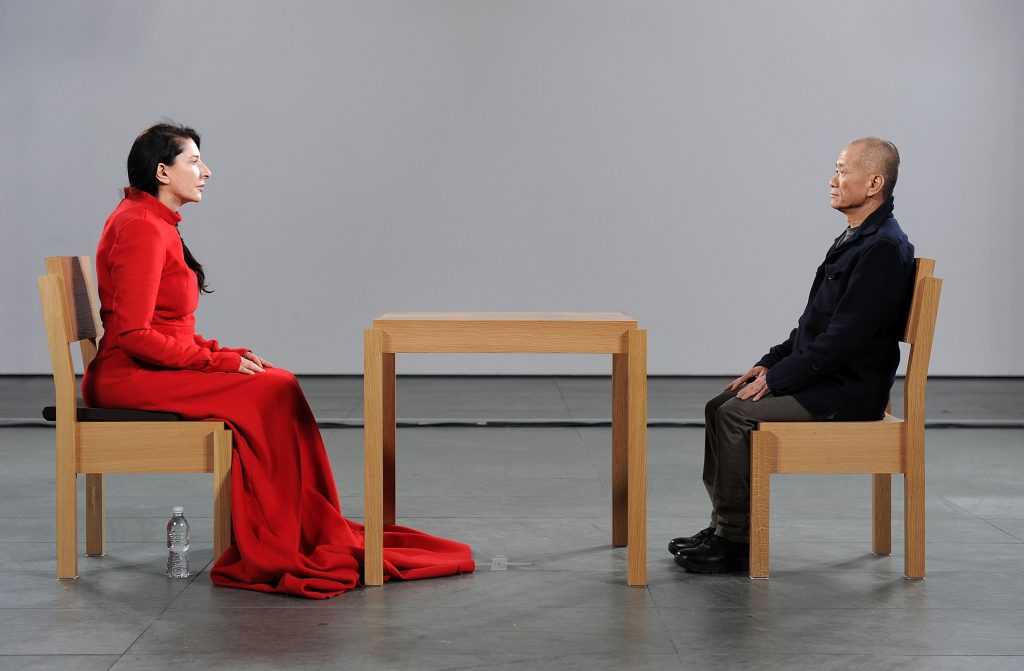“Staring Contests That Make Philosophy Interesting”
Imagine two people arguing about free will. One of them, let’s call her Olga the Optimist, has just heard about compatibilism and happily accepts the view that of course she has free will—after all, if she wants to raise her arm she raises her arm and if she doesn’t she does not. The other one, let’s call him Paul the Pessimist, points out to her that she hasn’t chosen to want to raise her arm, and hence she lacks free will. Olga looks at him strangely: “choosing to want” barely sounds like English to her. She never expected to choose to want things. Paul in turn looks at her strangely: how can it not bother her that her desires are not of her own making?
And there you have the core of one of these staring contests that make philosophy interesting. I think some of us are naturally like Olga—it doesn’t matter to us if our love of Mozart or our hatred of the Yankees were not something that we chose to have. But some of us are naturally like Paul, and we want real free will—cheap will won’t do.
That’s Nomy Arpaly (Brown) in an interview with Richard Marshall at 3:AM Magazine. It’s interesting throughout.
I like the the turn of phrase, “staring contests that make philosophy interesting.” Staring contests may be moments of amusement, or modes of exploration, or methods of communication. They can be ways to pass the time or conduits to further interaction, once someone blinks. Better that than “philosophical games of chicken,” a metaphor in the vicinity that has a more destructive, futile, and egotistical feel to it.
So, what are the staring contests that make philosophy interesting? Kant’s antinomies may be good candidates, along with Sidgwick’s “dualism of practical reason” and its precursors, for example.
In political philosophy over the past 20 or so years, those who think that, obviously, we-could-never-get-people-to-do-that is a conclusive objection to a principle of justice have been in a staring contest with those who think that, obviously, what-justice-requires-is-not-a-function-of-political-possibility. And this has been a staring contest that has made philosophy interesting, for it has generated many new and useful ideas, distinctions, and positions.
Your examples welcome.



Motivational judgment internalism vs. motivational judgment externalism has always struck me as a somewhat intractable staring contest.
A- vs. B-theory in time has to be a biggie. It has, for instance, evolved to respective positions of presentism vs. eternalism, which is at least substitution salva conflictio.
Philosophy of mathematics… Is mathematics the actual foundation of the physical world, or is mathematics a construct designed for humans to understand what we are seeing?
love the choice of pic
I like the idea of a staring contest as a metaphorical response to undecidable questions. The whole of metaphysics is a staring contest in this sense, not just the metaphysical problems mentioned in the extract and comments. Eyes firmly locked we take our position on questions Kant knew were undecidable and can only keep staring.